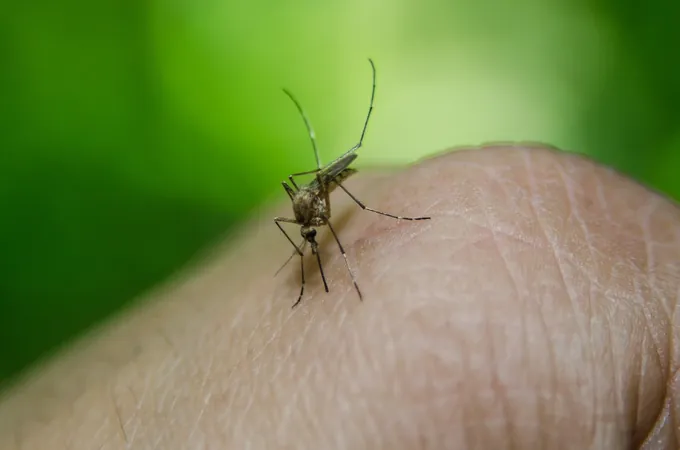
Groundbreaking Discovery Reveals Cholesterol-Handling Protein as a Game-Changer in the Fight Against Drug-Resistant Malaria!
2024-12-18
Author: Wei Ling
Introduction
Malaria, a deadly disease caused by a parasite transmitted to humans through the bite of infected mosquitoes, remains one of the leading causes of illness and death globally. The U.S. Centers for Disease Control and Prevention highlights that pregnant women, displaced individuals, and children in developing nations are particularly vulnerable to this disease.
The Challenge of Drug Resistance
The situation is further complicated by the fact that the most lethal malaria parasite, *Plasmodium falciparum*, has developed resistance to nearly all known malaria medications, rendering traditional treatments ineffective.
A Promising Discovery
However, a groundbreaking study published in *Science Advances* by a team of researchers at Case Western Reserve University has unveiled a promising new target in the battle against malaria: a cholesterol-managing protein known as PfNCR1. Edward Yu, a pharmacology professor and lead researcher on the study, emphasized the critical role of cholesterol in the parasite's survival. He explained that *PfNCR1* functions as a cholesterol transporter, essential for maintaining the stability of the parasite's cell membrane.
Inhibiting PfNCR1
In an exciting discovery, the researchers identified a compound named MMV009108 that can inhibit this transporter. By blocking PfNCR1, the compound disrupts the parasite's ability to regulate its cholesterol levels, potentially leading to its demise.
Expert Insight
“This breakthrough is a significant leap toward developing novel malaria treatments,” Yu stated. He expressed optimism that scientists focusing on PfNCR1 could create drugs that the parasite would struggle to resist, offering hope in the ongoing fight against one of the most enduring and lethal diseases in history.
Implications for Future Research
Not only does this research pave the way for new therapeutic strategies, but it also sheds light on the intricate relationship between parasite biology and common cellular processes, presenting a new frontier in malaria research.
Conclusion
Stay tuned, as this development could reshape malaria treatment protocols and provide much-needed relief for millions at risk worldwide!


 Brasil (PT)
Brasil (PT)
 Canada (EN)
Canada (EN)
 Chile (ES)
Chile (ES)
 España (ES)
España (ES)
 France (FR)
France (FR)
 Hong Kong (EN)
Hong Kong (EN)
 Italia (IT)
Italia (IT)
 日本 (JA)
日本 (JA)
 Magyarország (HU)
Magyarország (HU)
 Norge (NO)
Norge (NO)
 Polska (PL)
Polska (PL)
 Schweiz (DE)
Schweiz (DE)
 Singapore (EN)
Singapore (EN)
 Sverige (SV)
Sverige (SV)
 Suomi (FI)
Suomi (FI)
 Türkiye (TR)
Türkiye (TR)